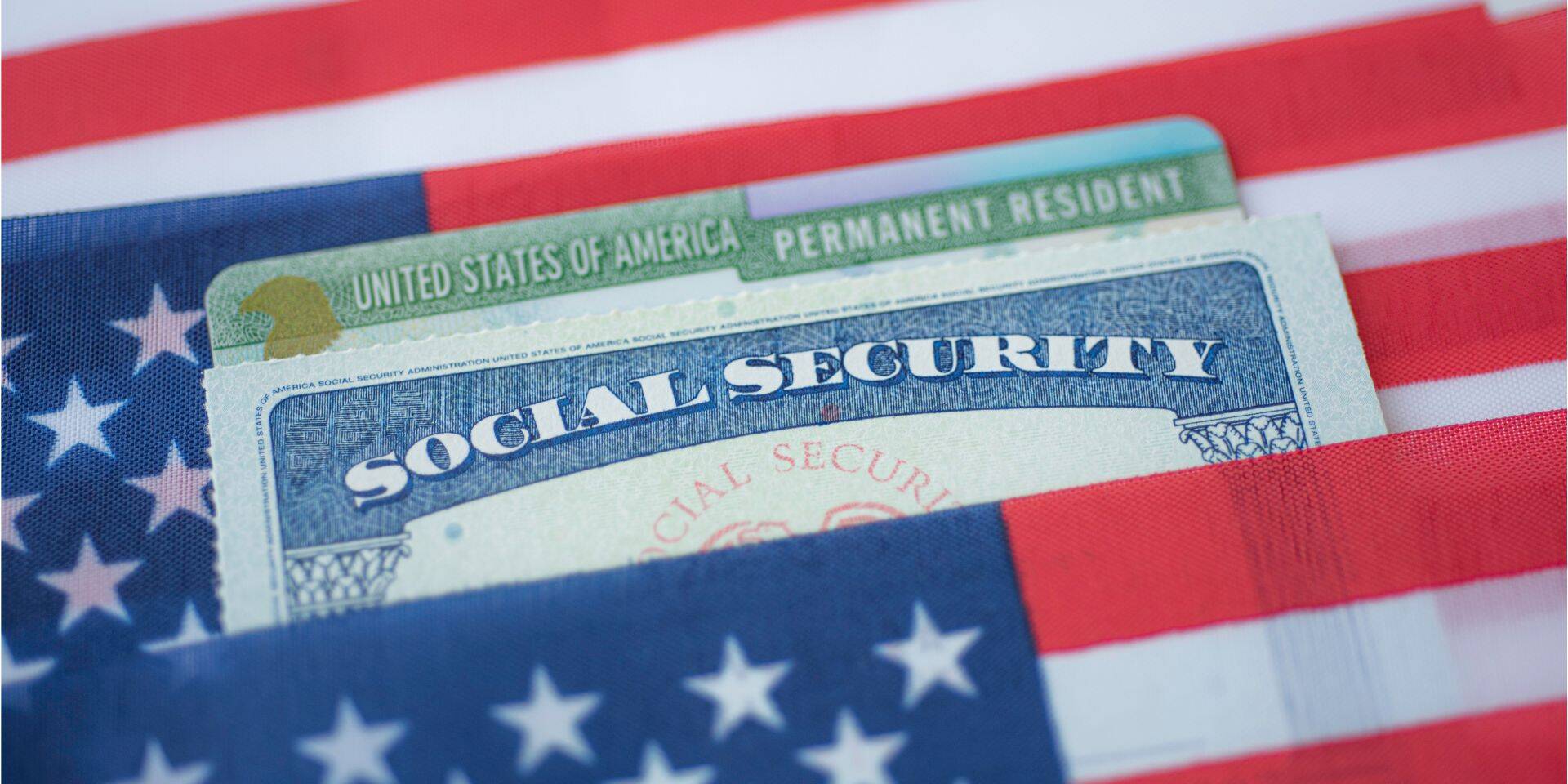The U.S. Department of Labor (DOL) is considering an update to the employment certification process to make hiring foreign workers in science, technology, engineering, and mathematics, STEM roles easier for U.S. companies. The DOL is offering public input on expanding the “Schedule A” list, a pre-certified list of occupations for U.S. employers to fill with noncitizen workers.
The list, created in the 1960s, is meant to make hiring noncitizen workers in occupations facing labor shortages easier with the preapproved list of roles. Positions included on the schedule are predetermined by the DOL to be experiencing a labor shortage. As such, employers can directly petition U.S. Citizenship and Immigration Services (USCIS) for their green card, rather than waiting for the DOL to approve.
The DOL recognizes that the schedule hasn’t been thoroughly examined or updated in three decades. The occupation list hasn’t been updated in 20 years, since 2004.
In an effort to address the shortage of qualified STEM roles, the DOL specifically asks whether STEM occupations should be added to Schedule A. The public is also asked to provide input on creating a reliable, objective, and transparent method for identifying which STEM jobs should be included. The DOL has not ruled out the possibility of including non-STEM positions and is seeking feedback on potential expansion to other occupations.
This move comes as the U.S. government is reviewing the competitiveness of the domestic STEM sector. Some lawmakers are emphasizing the risk of losing technological advantages to other countries. While some legislators focus on preventing the transfer of sensitive U.S. technology to other countries, others have suggested that immigration could play a role in strengthening the domestic STEM sector.
ILBSG continues to actively monitor ongoing proposed updates to U.S. immigration policy to ensure our clients get the right advice based on the latest developments. Our team of experienced and expert attorneys work directly with our clients to ensure they get the right advice to optimize their chance of a successful outcome. Contact us if you have any questions about U.S. immigration-related issues.
Related Posts
April 17, 2025
Expanded DHS and FBI Involvement Driving More Green Card Holder Removals
The expansion of DHS, USCIS, and FBI…
April 17, 2025
F-1 Students Anticipate Visa Cancellations and Removals
F-1 visa cancellations have raised…
April 17, 2025
H-1B Holders Face Layoffs Along with Possibility of Removal
H-1B holders are facing mounting…



